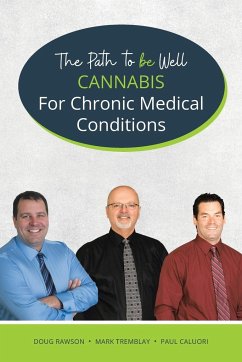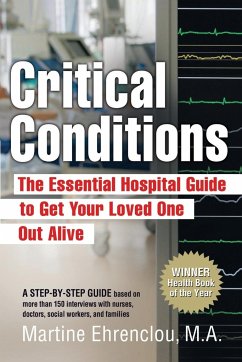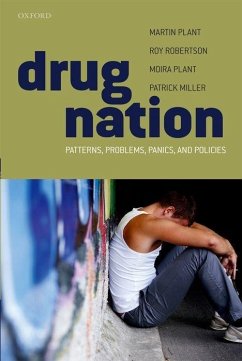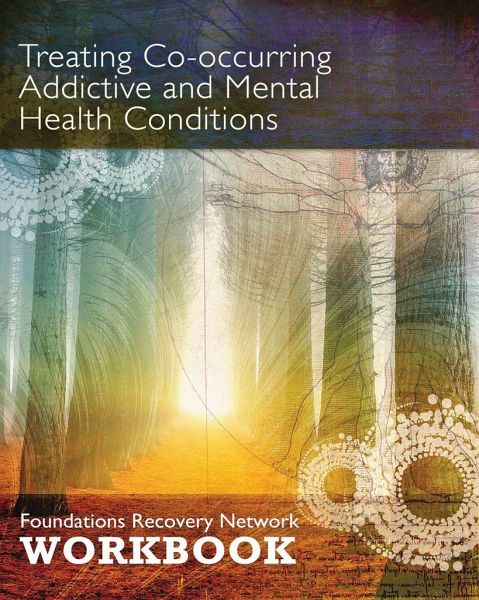
Foundations
Broschiertes Buch
Treating Co-Occurring Addictive and Mental Health Conditions
Foundations Recovery Network Workbook
Versandkostenfrei!
Versandfertig in über 4 Wochen

PAYBACK Punkte
11 °P sammeln!




A groundbreaking patient workbook from recovery leader, Foundations Recovery Network, with an emphasis on healing the whole person.
Foundations Recovery Network is a behavioral health organization whose mission is to be the leader in evidence-based, integrated treatment for co-occurring mental health and substance use disorders through clinical services, education, and research. Through its nationwide residential and outpatient treatment centers, FRN has helped thousands heal from addiction and mental health conditions and live sustainable lives in recovery.
Produktdetails
- Verlag: Central Recovery Press
- Seitenzahl: 312
- Erscheinungstermin: 28. April 2015
- Englisch
- Abmessung: 247mm x 201mm x 18mm
- Gewicht: 674g
- ISBN-13: 9780986164507
- ISBN-10: 098616450X
- Artikelnr.: 42742315
Herstellerkennzeichnung
Libri GmbH
Europaallee 1
36244 Bad Hersfeld
gpsr@libri.de
Für dieses Produkt wurde noch keine Bewertung abgegeben. Wir würden uns sehr freuen, wenn du die erste Bewertung schreibst!
Eine Bewertung schreiben
Eine Bewertung schreiben
Andere Kunden interessierten sich für


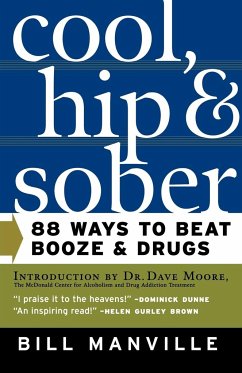
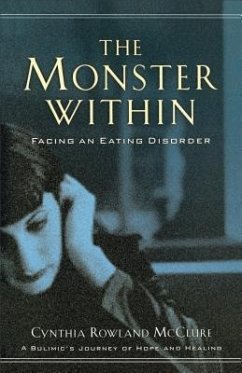
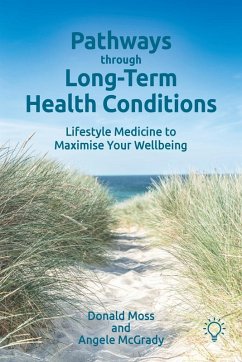
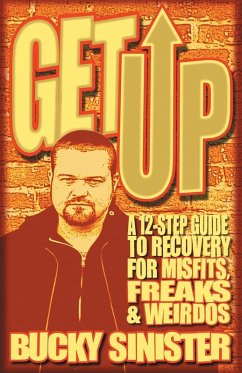
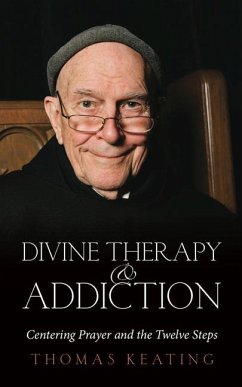
![Facing the Shadow [3rd Edition] Cover Facing the Shadow [3rd Edition]](https://bilder.buecher.de/produkte/39/39562/39562427n.jpg)

